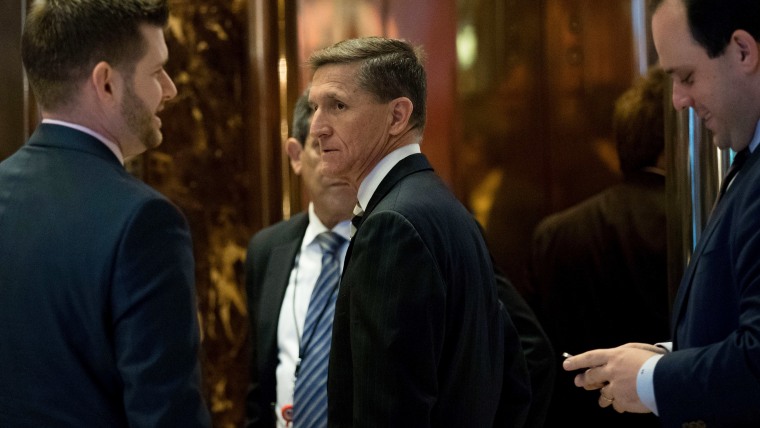The popular family restaurant ... was swept up in the onslaught of fake news and conspiracy theories that were prevalent during the presidential campaign. The restaurant, its owner, staff and nearby businesses have been attacked on social media and received death threats. [...]The restaurant's owner and employees were threatened on social media in the days before the election after fake news stories circulated claiming that then-Democratic presidential nominee Hillary Clinton and her campaign chief were running a child sex ring from the restaurant's backrooms. Even Michael Flynn, a retired general whom President-elect Donald Trump has tapped to advise him on national security, shared stories about another anti-Clinton conspiracy theory involving pedophilia. None of them were true. But the fake stories and threats persisted, some even aimed at children of Comet Ping Pong employees and patrons. The restaurant's owner was forced to contact the FBI, local police, Facebook and other social-media platforms in an effort to remove the articles.
During a tense gathering of senior officials at an off-site retreat, he gave the assembled group a taste of his leadership philosophy, according to one person who attended the meeting and insisted on anonymity to discuss classified matters. Mr. Flynn said that the first thing everyone needed to know was that he was always right. His staff would know they were right, he said, when their views melded to his. The room fell silent, as employees processed the lecture from their new boss.Current and former employees said Mr. Flynn had trouble adjusting his style for an organization with a 16,500-person work force that was 80 percent civilian. He was used to a strict military chain of command, and was at times uncomfortable with the often-messy give-and-take that is common among intelligence analysts.Some also described him as a Captain Queeg-like character, paranoid that his staff members were undercutting him and credulous of conspiracy theories.
